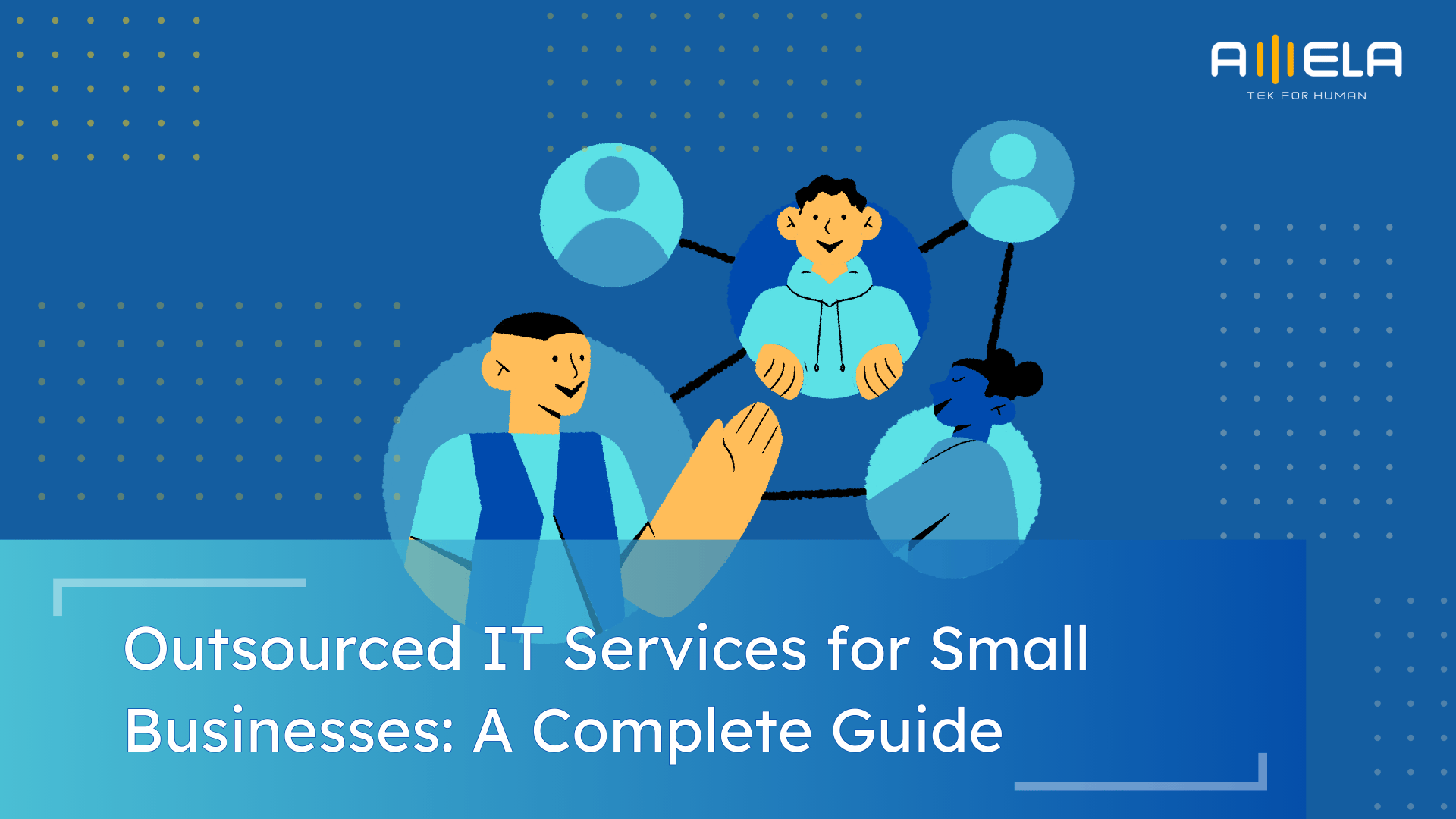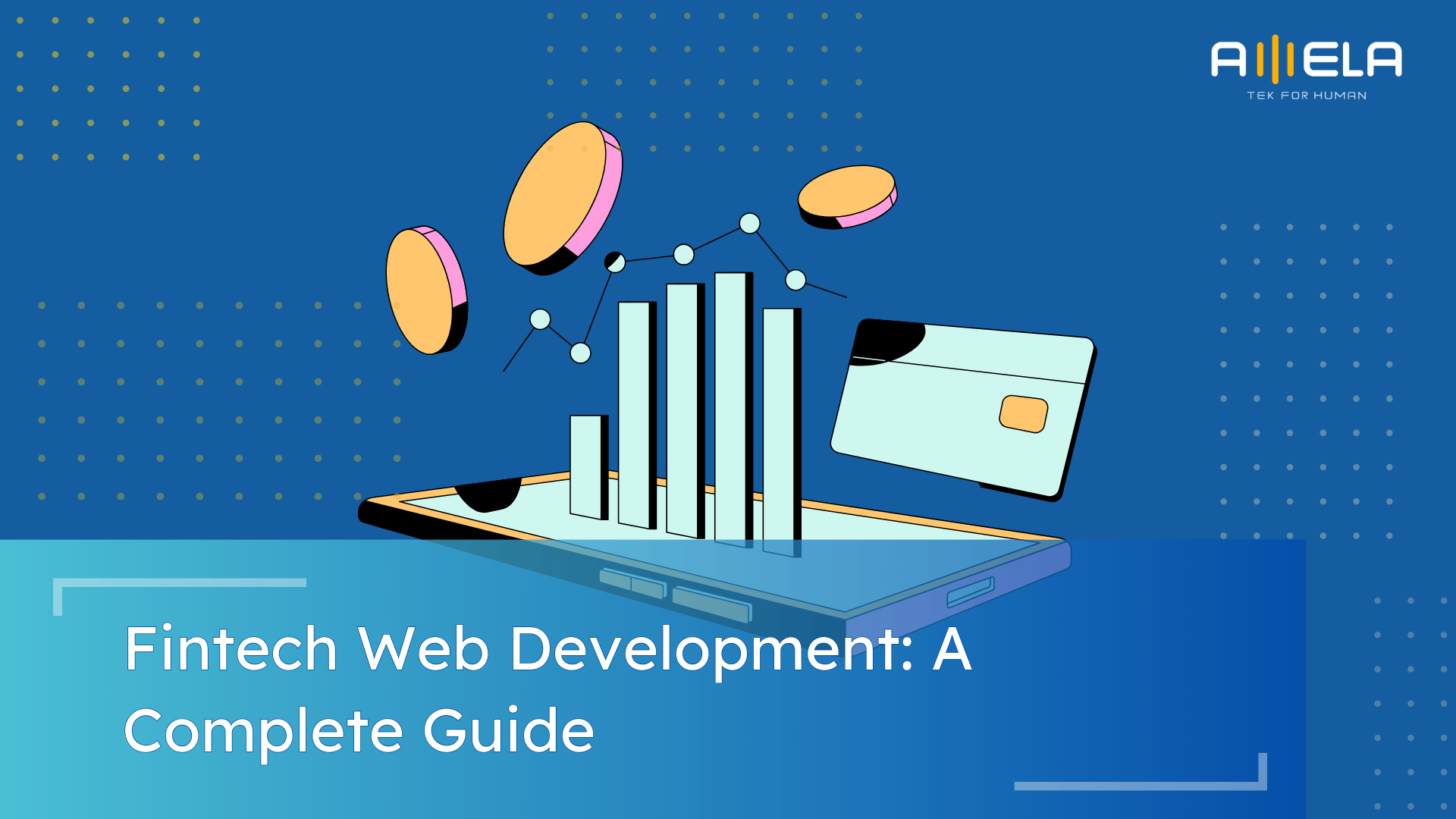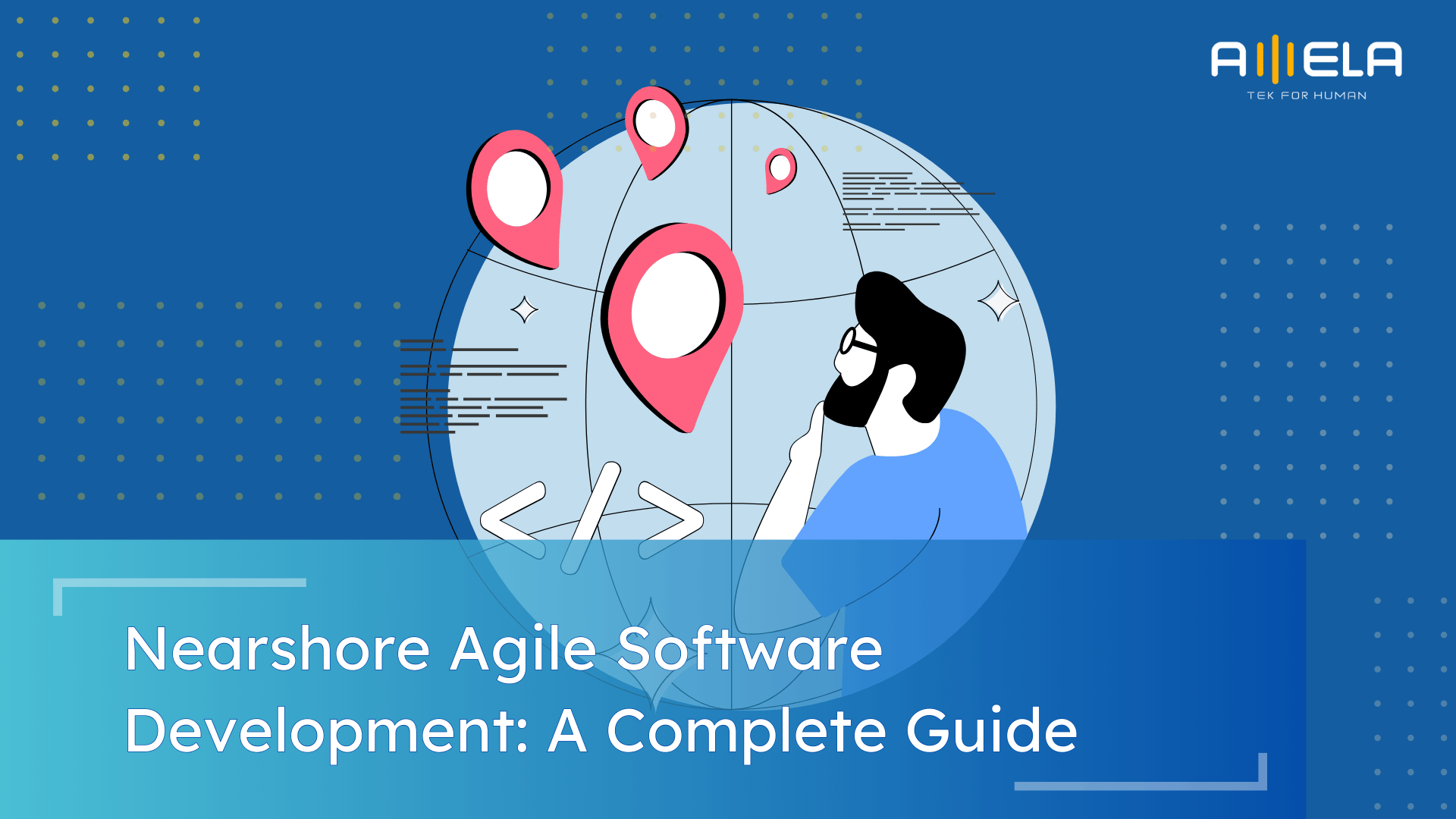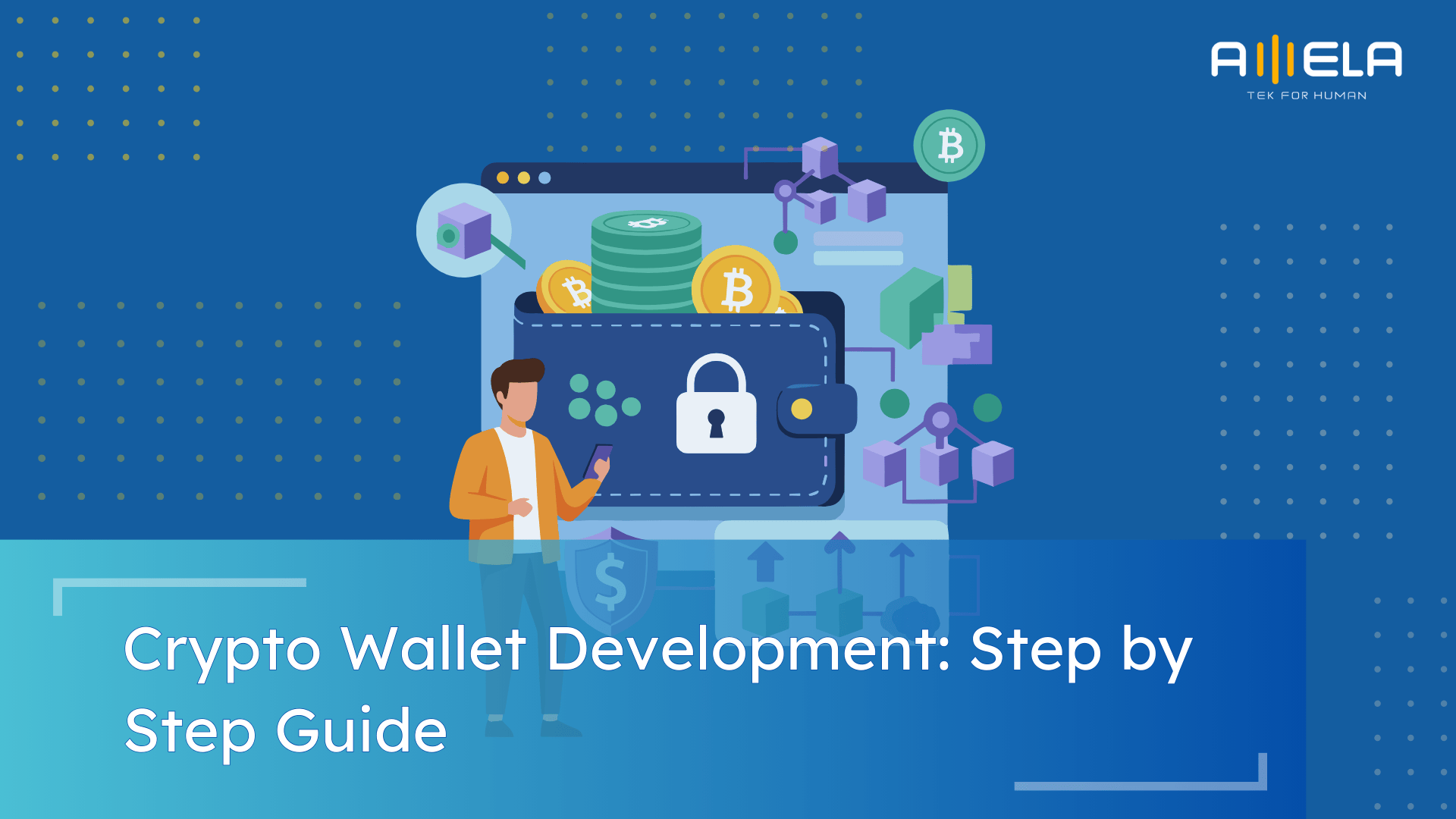Dedicated teams project management is about building and leading long-term teams that deliver real product value, not just completing tasks. As digital products grow more complex and requirements change faster than ever, many companies find that traditional project-based outsourcing simply cannot keep up. In this blog, we share our hands-on perspective on dedicated teams project […]
Web development cost is one of the most misunderstood parts of building a website. Budgets often swing widely because cost is influenced by scope, technology, delivery model, and long-term maintenance—not just design or coding. Industry research consistently shows that professional website projects can range from a few thousand dollars to six figures, and maintenance alone […]
Fintech web development sits at the core of how modern financial services are built, scaled, and trusted online. As users increasingly manage money through digital platforms, the stakes for reliability, security, and clarity continue to rise. According to Statista, digital banking is expected to generate over USD 2 trillion in net interest income by 2029, […]
Staff augmentation companies in Singapore play a critical role in how regional and global businesses scale engineering capacity. As companies face tighter hiring markets, faster delivery expectations, and rising development costs, staff augmentation has become a preferred model to access skilled talent without long-term overhead. Singapore-based buyers increasingly look beyond location alone and evaluate partners […]
An nft marketplace development guide is increasingly relevant as NFTs move beyond hype-driven collectibles into real digital ownership and business use cases. According to Fortune Business Insights, the global NFT market reached USD 26.9 billion in 2023 and is projected to grow at a CAGR of over 34%, driven by gaming, media, brand engagement, and […]
Nearshore agile software development combines the flexibility of Agile methods with the collaboration benefits of working with teams in nearby regions. By reducing time-zone gaps and improving real-time communication, this model helps companies deliver software faster while staying adaptable as requirements evolve. For organizations balancing speed, quality, and cost, nearshore agile software development has become […]
Key Takeaways To build a crypto wallet successfully, security decisions matter more than feature count. Weak key management or unclear signing flows can break user trust instantly. Crypto wallets do not store assets—they control private keys. Ownership in crypto is defined by cryptography, not institutions or platforms. Wallet UX directly impacts adoption. Clear transaction previews, […]
This Live Streaming App Development guide starts with one clear reality: live video is no longer a niche feature—it’s a core digital behavior. Businesses, creators, and platforms are investing heavily in live streaming because it drives engagement, monetization, and real-time connection in ways on-demand content cannot. According to recent market projections, the global live entertainment […]











